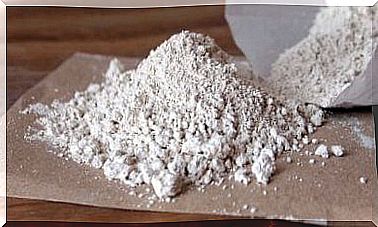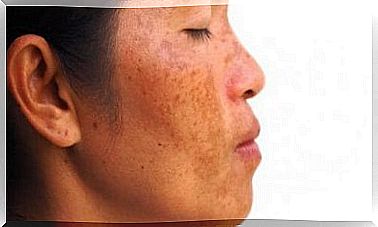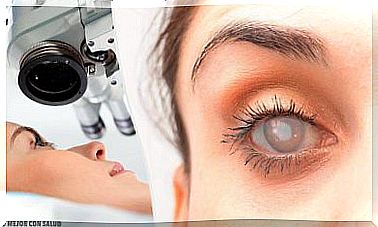How Do Facial Masks Work On The Skin?
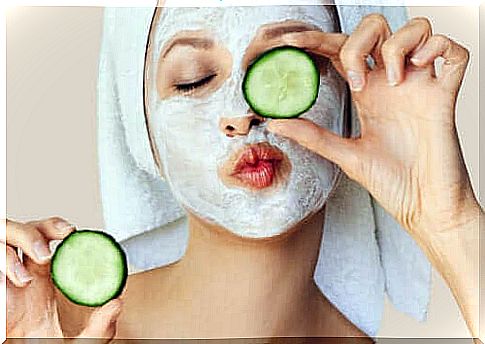
Face masks have become popular when it comes to daily skin care routines. The wide range of uses and variants of face masks makes them a very attractive option for taking care of your skin. You can find different types of masks on the market such as:
- clay masks
- Carbon masks
- Hyaluronic Acid Masks
- Masks with enzymes
- Just Moisturizers
You can therefore choose the right face mask based on the needs of your skin. Below we tell you more about how the face masks work on your skin.
How are nutrients absorbed by the skin?

Face masks are very useful if you make them a part of your skin care routine. However, it is important to note that they do not in themselves cause major changes that will persist over time.
The basic pillars of dermatological care are cleansing, sun protection and hydration. Skin masks fulfill their functionality based on their ingredients. At the same time, you should combine them with proper cleansing of the skin beforehand. You also need to moisturize your skin afterwards.
Applying face masks accentuates the direct contact of the ingredients with the skin’s surface. The pores are clean and the skin absorbs more of the product. They can generate an immediate effect that you will notice when it comes to the glow and luminosity of your skin.
However, this is only temporary and therefore you should make face masks a regular part of your skin care routine. Face masks work because of the time it is in contact with the skin, but you need to repeat their application to maintain the effects over time.
Which masks can you apply to your skin?
Before applying a mask to your skin, gently cleanse your face to remove any makeup, dirt, or residue. Micellar water is a good ally when it comes to performing this step before application.
After cleansing with micellar water, rinse your face with warm water to keep pores more permeable. Your skin will therefore absorb the ingredients more easily.
In most cases, you should leave the product in contact with your skin for 20 to 30 minutes. This gives the ingredients more time to penetrate the skin’s surface and achieve their effect.
Face masks by skin type
When choosing a mask, you need to consider the results you want to achieve. You should select the ingredients based on your skin type and adapt them to your specific concerns.
dehydrated skin
Dry skin requires significant hydration, so this type of cosmetic treatment is very useful. Keep in mind that people with dry skin should apply a moisturizing face mask every 2 weeks. Ingredients such as hyaluronic acid, avocado or shea butter contribute to hydration and moisture retention.
Acne or inflammation
Face masks are not a long-term treatment for acne. However, they can help reduce inflammation and prevent acute pimples.
Salicylic acid, benzoyl peroxide and alpha hydroxy acids (AHA) remove dead cells from the skin’s surface and pore-clogging dirt. With regard to the latter, research shows a positive effect on acne scars.
Fat skin
For this type of skin, the products that remove excess fat are the best products that increase the permeability of the pores. Some of the products that offer benefits for oily skin are salicylic acid, glycolic acid, sulfur and charcoal.
Fine wrinkles
Masks don’t completely eliminate mild wrinkles from your face. However, they can help minimize the appearance of fine lines. Experts recommend vitamin C for this type of skin due to its high antioxidant potential. It, in turn, generates a constant stimulus for collagen production.
Vitamin E, along with resveratrol and ferulic acid, is also an effective anti-aging option. Both work to protect the skin from environmental influences that cause fine wrinkles, such as pollution and sun damage.
Rosacea
Niacinamide has antioxidant properties, reduces erythema and improves skin tone. According to studies by The British Journal of Dermatology (English link), it even contributes to the inhibition of oxidative processes.
Blemishes and hyperpigmentation
You will not see immediate results when it comes to this kind of pathology. The use of face masks is therefore an addition to depigmentation treatments. The most useful ingredients in this case are kojic acid, tranexamic acid and azelaic acid.
Be careful with ingredients of skin masks
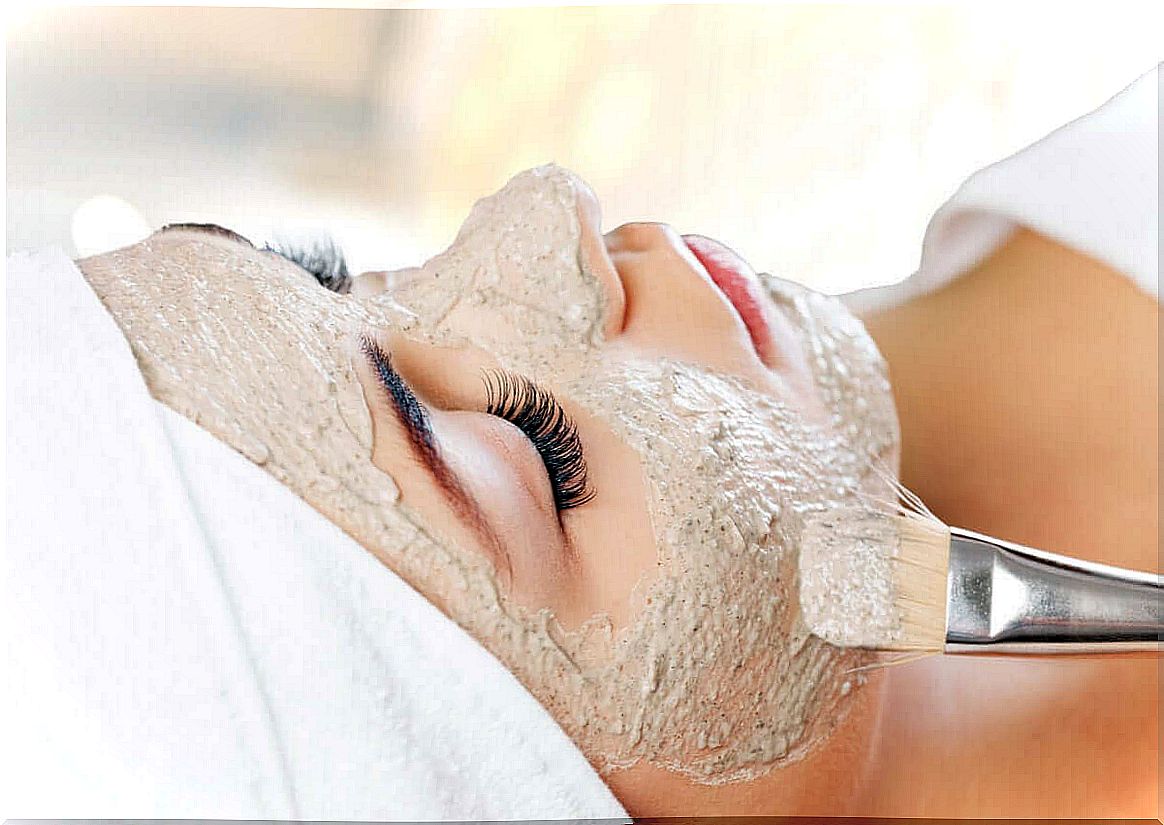
Many face masks are attractive in their aesthetic and sensory aspect. However, not all of them manage to perform the functions they claim to offer. You have to be careful not to fall for commercial hoaxes.
Those that contain fragrances, dyes or parabens can be harmful to the skin, especially in the most sensitive cases. It is best to read the labels and analyze their composition to avoid these products and opt for the hypoallergenic ones.
Homemade masks can be safe and effective as long as you are aware of the ingredients you can and cannot use. Because of their harmful effects, it is better to avoid the following:
- Lemon: Like vinegar, lemon is an acidic product that causes residual pigmentation and irritation.
- Protein: This can cause skin infections, especially if you have active wounds.
- Sodium Bicarbonate: This substance has a high alkalinity that destroys the skin barrier, causing it to lose its own moisture.
Face masks to complement your skincare routine
Face masks are an addition to a good dermatological care routine. In addition to cleansing, moisturizing and sun protection, they are great allies that you should use to improve the texture and appearance of your skin.
Remember that the price does not always indicate the quality or effectiveness of the product, so keep this in mind when choosing face masks. H et best thing you can do, however, is identifying the characteristics and needs of your skin. That way you can choose the right product for yourself and enjoy maximum effectiveness.
